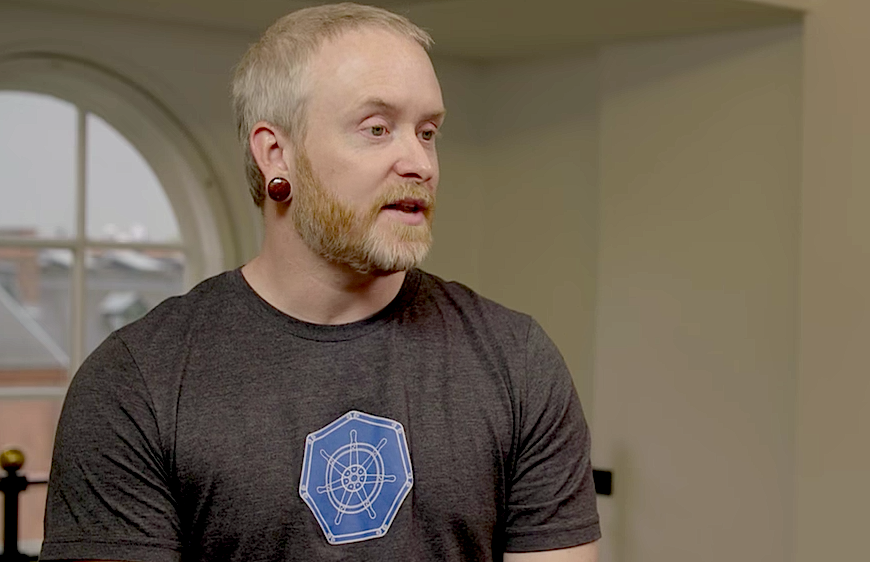 CLOUD
CLOUD
 CLOUD
CLOUD
 CLOUD
CLOUD
Kubernetes, the software that manages the deployment of software containers, has grown in usage like a weed since Google LLC announced it in 2014.
That’s because containers have become enormously popular for allowing developers to create one version of their software that can run on many operating systems and servers, and Kubernetes standardized the process of “orchestrating” these containers.
But even after Google contributed the Kubernetes project to the just-formed Cloud Native Computing Foundation in 2015, it was still providing the infrastructure needed for hosting, testing and other project activities, and the project’s contributors wanted more control of cloud resources. Unfortunately, Google couldn’t oblige because its security rules didn’t allow it to add external people to its domain.
Today, it’s announcing a fix, creating CNCF Google domain so it can open up its cloud resources to any and all contributors. It’s also funding the move with a $9 million grant in the form of Google Cloud Platform credits.
“The community should own these things,” Tim Hockin (pictured), a Google principal software engineer and leader of the Kubernetes project, said in an interview. “There should be nothing where they say, ‘I can’t do that, somebody at Google has to do this.’”
The infrastructure handles everything from network and storage capacity, testing, container downloads and other services such as domain name serving. “That infrastructure will now be managed and run by the community,” said CNCF Executive Director Dan Kohn.
And it’s a fearsomely large chunk of infrastructure thanks to the rapidly growing popularity of Kubernetes. Last month, Google said, the Kubernetes container registry it hosts served nearly 130 million container image downloads of core Kubernetes components, or more than 4 million a day. Much of the grant will be used to fund scalability testing, which often runs 150,000 containers across 5,000 virtual machines, or servers emulated in software.
“As organizations look to modernize … they’re finding that that move to cloud-native is absolutely essential,” said Kohn, and containers and Kubernetes are critical to making that happen. “2018 is the year Kubernetes has really crossed the chasm from early adopter to early majority.”
Indeed, according to a CNCF survey of 2,400 developers and information technology staff released this morning, 58 percent of respondents are now using Kubernetes in production, while 42 percent are evaluating it for future use. And it’s not just agile startups: Some 40 percent of respondents from enterprise companies with more than 5,000 employees are running Kubernetes in production.
Support our mission to keep content open and free by engaging with theCUBE community. Join theCUBE’s Alumni Trust Network, where technology leaders connect, share intelligence and create opportunities.
Founded by tech visionaries John Furrier and Dave Vellante, SiliconANGLE Media has built a dynamic ecosystem of industry-leading digital media brands that reach 15+ million elite tech professionals. Our new proprietary theCUBE AI Video Cloud is breaking ground in audience interaction, leveraging theCUBEai.com neural network to help technology companies make data-driven decisions and stay at the forefront of industry conversations.